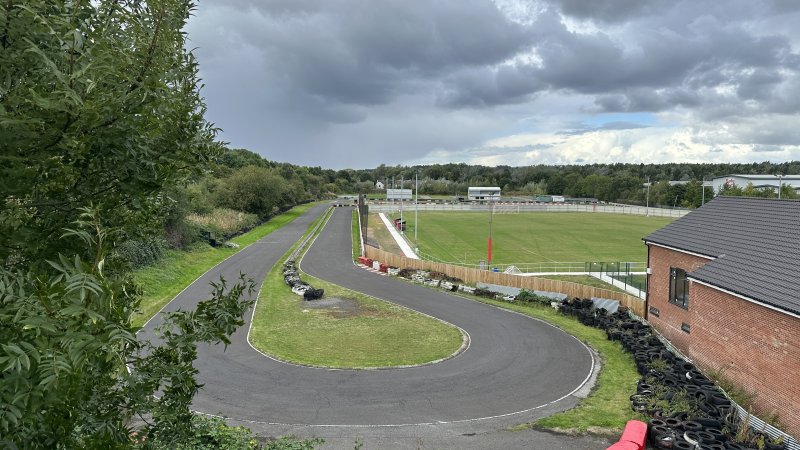A TRIAL set up to reverse declining numbers of a rare bird of prey has not achieved the success of similar schemes elsewhere in the country - and there are now no breeding pairs in Barnsley’s countryside.
Hen harrier numbers have shown continuous improvement in recent years, coinciding with the introduction of a government-led recovery plan for the species and the availability of the brood management trial two years later to alleviate conflict.
However, a project carried out in countryside surrounding Dunford Bridge and Langsett - identified due to their favourable habitats for hen harriers which roost in heather - has not resulted in any breeding pairs being registered despite five being known of in 2022, according to a survey carried out by the Royal Society for the Protection of Birds (RSPB) and Natural England.
National results ‘give cause for optimism’ as the population is estimated to be 54 territorial pairs, up from four pairs - a huge 1,150 per cent increase - since the last survey in 2016 but further persecution has been noted locally.
Mike Shurmer, head of species for the RSPB, said: “England has seen a significant increase in breeding hen harriers since the last survey, which is very welcome news, but the starting point was shockingly low and well below where we would expect healthy populations of these birds to be given the habitat available to them.
“The reasons for hen harriers continuing to be far below their potential population are complex but one of the primary causes is that continued illegal killing, typically associated with intensive grouse moor management, and it is stifling their full recovery.
“The work we and others have been doing to restore these populations is incredibly important and we need to make sure it continues and that we step up our efforts to tackle the illegal killing of birds of prey.”
Persecution due to shooting leases - granted on land such as Range Moor - led to a ‘wildlife crisis’, according to campaigners.
It was also alleged they have been eradicated by gamekeepers due to their predatory instincts, which leads to a reduction in grouse stock and less attractive sport.
Hen harriers suffer high mortality rates, particularly in their first year of life, but the population across England is now said to be at a 200-year high given schemes to reverse their sharp decline.
John Holmes, from Natural England, added: “The hen harrier is an iconic species and it is wonderful to see the progress that has been made towards restoring it to our uplands.
“Partnership working is the key to ensuring we protect our rarest species and help nature recover, with the enormous benefits for wildlife and people this brings.
“There obviously remains much work to be done to tackle the illegal persecution of hen harriers.”
Combined RSPB and Natural England data, revealed in the survey, shows 32 satellite-tagged hen harriers vanished from their known haunts or were confirmed as being illegally killed in 2023.
The Scottish government recently passed its Wildlife Management and Muirburn (Scotland) Bill, which will introduce licensing for grouse shooting, alongside measures to protect the habitats hen harriers need to thrive.
RSPB bosses now hope similar legislation can be introduced in England and lead to a full recovery for populations in local countryside, after it was revealed two birds were killed.
A spokesperson said: “The police are actively investigating the deliberate killing of two brood-managed hen harriers, though we have been asked to give no further details at this time.
“These incidents hit our staff on the ground hard and can only detract from the efforts we and the partners we are working with to restore these special birds to our uplands.”



























